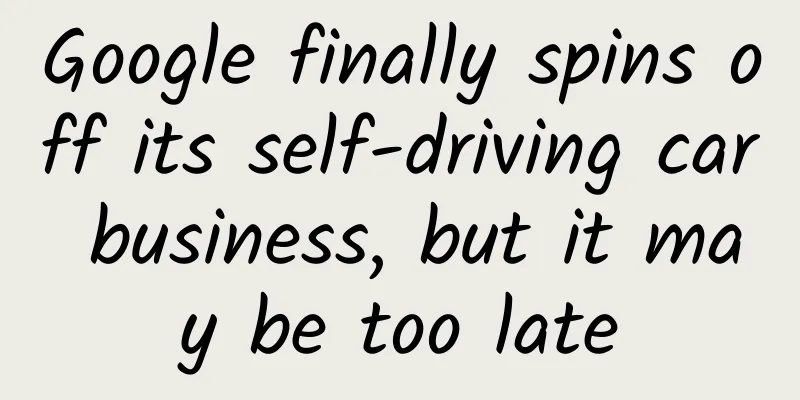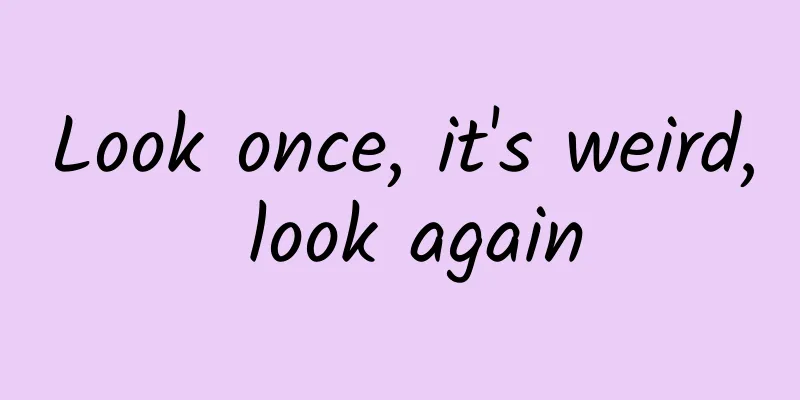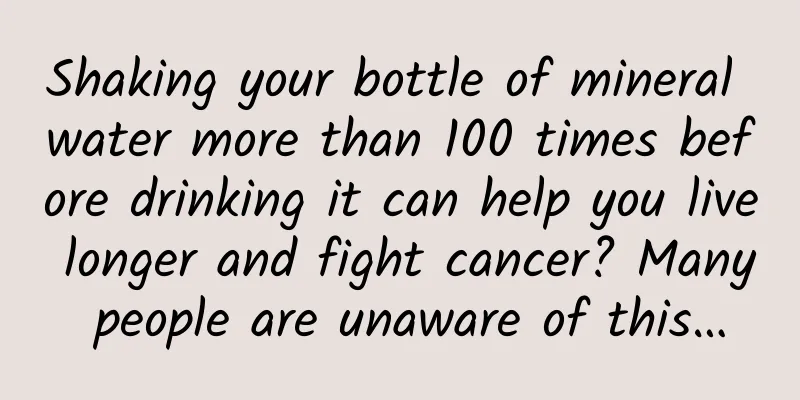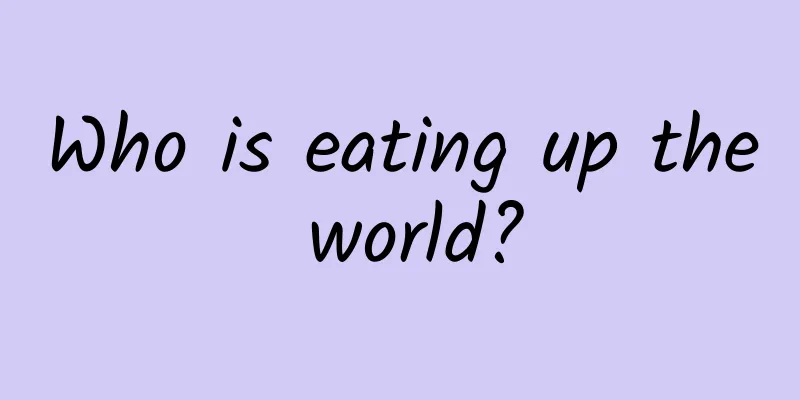"Thriller Reveler"! Why do we love and fear horror movies?

|
Horror movies are one of the most enduring film genres. Every reader is familiar with these impressive horror movies, such as The Shining, IT, and Silent Hill. I believe that if you close your eyes now, the two girls in front of the door, the red balloons and the clown, and the foggy town are still vivid in your mind. The characteristics of this type of movie are that it gives viewers an unforgettable shock and a timely sense of horror, which may even make us feel uncomfortable, have nightmares for several days in a row, and be afraid to go home alone. However, in life, about one in every four people is a "horror addict". So what is the charm of horror movies that makes us feel this contradictory feeling of both love and fear? This is something we need to ask ourselves. Why do “thriller addicts” like to spend money to suffer? Relax, the reason why horror addicts spend money on their own suffering is not because they have masochistic tendencies. In fact, there is no single explanation for why people like to scare themselves. When we seek out scary movies, most of the time we are trying to satisfy multiple self-needs at the same time. Based on these needs, psychologists have given three explanations. First, the need for survival This need can be traced back to our ancient ancestors. The living environment in ancient times was extremely harsh. For humans who were experiencing life threats every moment, they had to detect danger first before they had a chance to respond. If they wanted to survive, they needed to remain highly vigilant 24 hours a day. Such experience has enabled humans to acquire an extremely sensitive threat detection system. Associate Professor Matthias Claessen, who studies terror at Aarhus University in Denmark, mentioned that with the development of civilization, people's chances of facing life threats are decreasing, but this does not mean that our ability to detect danger is degenerating. It has turned into unconsciousness and continues to help modern people detect potential crises. And horror movies happen to be the medium that meets this inherent need for survival instinct. The life-and-death situations simulated in movies can cause us to have almost the same physiological and emotional reactions as when we encounter real threats. For example, in the real world, sudden threats are the most deadly, which is why the most classic jump scare technique in movies is so successful. Second, the need for dangerous experience Horror movies allow people to experience danger indirectly, exercise crisis response and do not require any risk. In a study on disgust, social psychologist Jonathan Haidt found that the fictional nature of horror movies creates a psychological distance between the audience and the violence they witness, providing the audience with a sense of control. College students participating in the experiment watched three documentaries about real-life horror events, including slaughtering livestock and surgery. 90% of the students turned it off before the video ended. However, these students believed that they were still willing to spend money to watch horror movies because documentaries were real and they could not accept them, but movies were fake so it was okay. This also proves that movies can help people build a safe adaptive space. Through the frightening experience in a safe environment, watching the inappropriate behaviors of movie characters before danger approaches, such as not to act separately and not to go to the mountains and forests alone, and gaining inspiration, these experiences can be applied in real life. 3. Excitation Transfer Theory One of the earliest psychological theories to explain people's enjoyment of horror movies comes from Dolph Zillman's theory of arousal transfer, which states that horror images cause viewers to experience a higher level of physiological arousal, such as an increased heart rate, rapid breathing, and a surge in adrenaline. When the body's fear response disappears, people will experience a strong sense of relief, as if they were the protagonist who survived. Studies have found that when people finish watching horror movies "unscathed", they will have a real sense of achievement of escaping death, which fills the brain with good chemicals, giving people a higher sense of self-control and confidence, thereby increasing their chances of survival when the next crisis comes. Being a "thriller" can actually be good for your health? Calm down and relieve stress: A study shows that people who like to watch horror movies on weekdays generally have less psychological stress when they encounter difficulties, and those who like doomsday horror movies are more likely to make full preparations in normal times in case of emergency. The scenes in the movies can help people have a belief of "I know what to do" when facing a real crisis, reduce the pressure in their hearts, quickly recover from shock, panic, and anxiety, and calmly take the next step. Helps build social channels: Just like watching a football game with friends, going to a horror movie is a great way to bond with friends and family. Horror situations trigger the release of oxytocin. This hormone promotes intimacy and affinity between group members. We follow the tense plot, exciting scenes, and the characters' determination to go through life and death together. After watching a movie, we are already sweating profusely, and the people around us become "comrades-in-arms" who have survived the disaster together and shared hardships. References: 【1】Clasen M. Monsters Evolve: A Biocultural Approach to Horror Stories. Review of General Psychology. 2012;16(2):222-229. doi:10.1037/a0027918 【2】Clasen M, Kjeldgaard-Christiansen J, Johnson JA. Horror, personality, and threat simulation: A survey on the psychology of scary media. Evol Behav Sci. 2020;14(3):213-230. doi:10.1037/ebs0000152 【3】Haidt, J., McCauley, C., & Rozin, P. (1994). Individual differences in sensitivity to disgust: A scale sampling seven domains of disgust elicitors. Personality and Individual Differences, 16(5), 701–713. https://doi.org/10.1016/0191-8869(94)90212-7 【4】Martin GN. (Why) Do You Like Scary Movies? A Review of the Empirical Research on Psychological Responses to Horror Films. Front Psychol. 2019;10. doi:10.3389/fpsyg.2019.02298 【5】Scrivner C, Johnson JA, Kjeldgaard-Christiansen J, Clasen M. Pandemic practice: Horror fans and morbidly curious individuals are more psychologically resilient during the COVID-19 pandemic. Pers Individ Dif. 2021;168:110397. doi:10.1016/j.paid.2020.110397 |
<<: [Smart Farmers] Do fish have tempers? A brief analysis of fish aggression
Recommend
Cocos Studio V2.1 Open Plan Announced
On December 19, Cocos Studio, a product of the Co...
Apple Watch is already a success: Negative opinions are unnecessary
[[139233]] Recently, the Apple Watch, which was o...
How much do you know about performance optimization?
[[196882]] 1. Introduction Recently, a new versio...
How to plan KOL marketing?
Currently, KOL marketing has become one of the ma...
A must-read for mid to high-level operators! How to build a product operation system based on business logic?
Special reminder: This article is a long logical ...
How to effectively drive traffic from mini programs?
Mini programs are a very important battlefield in...
Serious violations will result in permanent suspension of accounts. WeChat: Further strengthen platform ecological governance
The WeChat team issued an announcement stating th...
A new AI operating system is emerging, and Android may withdraw from China in the future
At present, many domestic mobile phone brands cla...
Cooperative SEO training: Why can’t I rank high after doing so much?
When we do website optimization, we must combine ...
Why do bleeding wounds heal on their own?
Author: Fei Dao Duan Yu You must have had the exp...
Why do some missiles have to be erected before they can be launched?
The earliest truly modern missile, the German V-2...
Introduction to PP Assistant promotion effects and advertising promotion cases!
pp assistant promotion case introduction Promotio...
Kuaishou’s 2D fan-increasing strategy!
How fast are the followers of Kuaishou’s 2D creat...
The title of the earliest "Zhejiang Man" has changed? A stone tool reveals the "survival revelation" of millions of years ago
When talking about the earliest human life in Zhe...
How to make users willing to pay? Xunlei's 7 effective strategies to convince 5 million people to pay
There are two things about the Internet that I fi...









